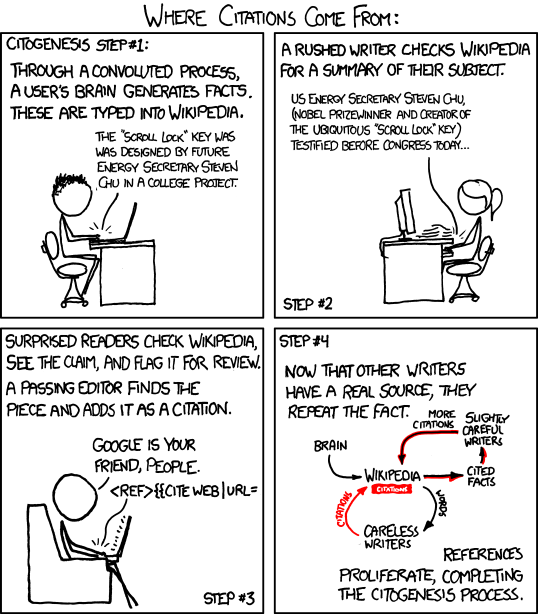In more recent times I worry about the plethora of new family historians, those people who watch a few episodes of Who Do You Think You Are? and Heir Hunters, who walk into a Local Studies library and seem to expect to find their family tree in a cupboard already drawn up and fit to be pored over for a few minutes until their curiosity is satisfied.
Some of these people will, once the reality is explained to them, try looking up a few census returns on Ancestry or scan through a few baptism records on the fiche readers. However from the results that are appearing in greater and greater numbers on Ancestry they lack the skills to join the dots to make a coherent arguement about many of their "ancestors".
Are they only interested in how far back they can go? Do they too just wish to impress the neighbours? Does everyone have a story about money lurking in Chancery or an ancestor being the by-blow of an aristocrat and will ignore all evidence to the contrary to continue pursue these fictions?
Recent episodes of WDYTYA have not helped this mindset - instead of sending the celebrities on a journey from register office to archives, to wait for certificates to arrive and browse through old registers themselves (and even then the wait was suspiciously short and who actually gets to put their hands on an actual register these days?) certificates turns up over a coffee in a handy location near to where their ancestors lived and the archivists turn immediately to the correct page, clearly marked with a slip of paper. Even some of the on screen deductions are a bit shaky - and handily ignore facts that could easily be found on the next census return or the very certificate they are looking at.
I have always compared building a family tree to doing a logic problem or crossword puzzle - you have the clues, there is usually a correct answer, but that doesn't mean that others may at first appear to fit, so check and double check before you put that new name in your tree. If there is any doubt at all enter the data with a caveat (something said as a warning, caution, or qualification) which is clearly visible to all. The chances are that if something looks too unlikely, it is, in all probablity, wrong - unless you can demonstrate a number of different proofs to the contrary.
Since I began reading other genealogical blogs I have discovered that there is a Genealogical Proof Standard (GPS) - used by the American Board for the Certification of Genealogists (BCG) as a minimum standard for sound research methods. In England we have the Association of Genealogists and Researchers in Archives (AGRA), who have a code of practice which includes some of the same points as the American version and adds others. However as you would expect of an organisation which trains genealogists who wish to provide a paid service, the AGRA code appears to be directed somewhat more at ensuring a professional relationship with customers and maintaining the reputation of AGRA as a responsible regulatory organisation.
The GPS can be used by a hobby researcher, such as myself, as a check on the standards of my own research. For research to fulfill the GPS it needs to consist of five easily understood points (shamefully cut and pasted from the BCG website):
Research to these standards takes a while to achieve, and it could be said that it is not essential for people who are merely 'dabbling' to follow these guidelines. However as soon as they put their family trees up onto a website such as Ancestry for other people to see there is a likelihood that their information will be taken as fact, copied and used by someone else. Thus inaccuracies and errors are multiplied and can become so widespread that they appear to be indisputable truth.
 |
| Citogenesis from xkcd (http://xkcd.com/978/) |
Why prove your family history? Because if you don't it's just a fairy story ...

No comments:
Post a Comment